
William L. Dawson’s work is to be featured within the LaGrange Symphony Orchestra’s “INSPIRE” concert March 19th at 7:30 PM in Callaway Auditorium, LaGrange, GA. The LSO will perform Negro Folk Symphony composed by Dawson. Although this symphony was written in the 1930’s it has spent decades in obscurity and is now happily being rediscovered and reappreciated.
An Inspiration
William Levi Dawson (1899-1990) had a long life filled with music. He was a composer, professor, musicologist, and director of the illustrious Tuskegee University Choir. (Tuskegee University was called Tuskegee Institute at that time.)
Earlier Mr. Dawson had attended Tuskegee Institute as a student and then furthered his musical education at the American Conservatory of Music in Chicago. While there, he also worked as a trombonist with the Civic Orchestra. In the early 1930’s he moved back to Alabama and began leading the School of Music at Tuskeegee University. During his tenure there, he furthered their University’s “Golden Voices” Choir with his direction, musical arrangements and compositions to an extent that they became internationally famous. Here is a 2018 recording of this Choir singing My Lord, What a Mourning by William L. Dawson
Dawson achieved many things during his lifetime. He was a consultant, a mentor, and an inspiration. He composed many works, but only one symphony – Negro Folk Symphony 1935 (rev. 1952). He used the term “Negro” in his title with dignity and esteem for his heritage. Although he lived into the 1990’s as population views and word preferences changed, he purposefully chose to keep his original title.
A Significant Work
William Dawson was about 35 years old when his Negro Folk Symphony was premiered by the Philadelphia Orchestra. The composition consists of three movements:
I. The Bond of Africa
II. Hope in the Night
III. O Let Me Shine
In the original concert notes, also written by Dawson, he states, “The themes are taken from what are popularly known as Negro Spirituals.” This referred mainly to the third movement. The work goes much beyond his description and has been touted as “a persuasive musical bridge between the Negro Folk and the Symphony.”
The Philadelphia Orchestra, under the direction of Leopold Stokowski was the first to perform this symphony at Carnegie Hall in November of 1934. The musical composition was immediately admired. There were four initial performances with a national radio broadcast by CBS, which brought glowing reviews. “This music has dramatic feeling, a racial sensuousness and directness of melodic speech.” “… the most distinctive and promising American symphonic proclamation which has so far been achieved.”

William Dawson traveled to West Africa in the 1950s to learn first-hand about the indigenous music there. Then in 1952 he made some revisions to his Negro Folk Symphony. He incorporated African rhythms to complement the music’s foundations in Negro Spirituals.
In the early 1960’s, Stokowski again conducted Dawson’s symphony. He used the revised version and recorded it with Decca Records.
Finally, in 1989, at the age of 90, William Levi Dawson was inducted into the Alabama Music Hall of Fame.
Off the Radar
Since the premiere of this work in the early 30’s, only a handful of performances were done and for many years it seemed this piece had been totally forgotten.
LaGrange Symphony Orchestra is proud to bring you this wonderful American composition that is steeped in African American heritage. Listen for the references to Negro Spirituals on March 19th at 7:30 PM in Callaway Auditorium, LaGrange GA.
Prior Programming
The March 19th concert program consists of two other significant sections. First is the Side-by-Side, which is a mentoring concert experience for our LSYO members. They literally sit side-by-side with our professional musicians to gain insight, experience, courage, and professionalism. They share the same music and take the same cues and are expected to perform as seasoned musicians. Nothing compares to real-life experience, especially in a stage environment.
Within the second section of the INSPIRE concert is a performance by the first-place winner of the Young Artists Competition which was held in February. The 2024 competition was for piano. Winner of the Dorothy Allen Turner Award for First Place is Ruxi Wang. She, along with the LSO, will perform Piano Concerto No. 1 in G minor by Felix Mendelssohn.
Miss Wang is in her second year of the Doctor of Musical Arts in piano performance degree at the University of South Carolina in Columbia. A native of China, Ruxi received her Bachelor of Music Education-Piano Performance at South China Normal University. She received her Master of Music in Piano Performance at the University of Missouri. She currently studies under Dr. Nicholas Susi, Assistant Professor of Piano at the University of South Carolina.
Join Us – TICKETS
Tickets are available online at https://ci.ovationtix.com/35802. We hope you will join us March 19th at 7:30 PM in Callaway Auditorium for this concert filled with talent of all ages and backgrounds, mentorship, role-modeling, energy, diligence, and musical expression. A concert appropriately named INSPIRE.
THANK YOU
2023/2024 LaGrange Symphony Orchestra Sponsors
Emerald and Diamond Levels
Gold and Silver Levels
© LaGrange Symphony Orchestra 2023/2024 | All rights reserved | 706.882.0662 | Richard Prior, Music Director & Conductor


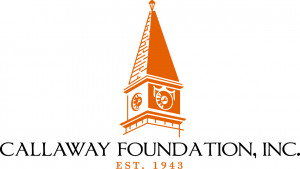


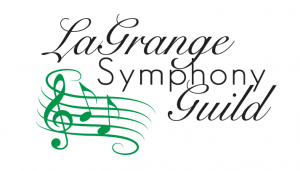


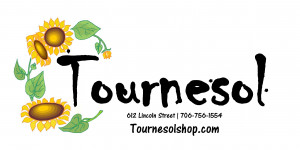
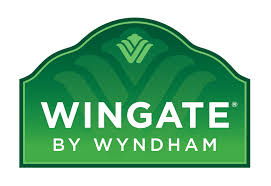

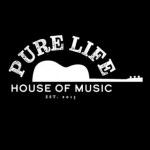
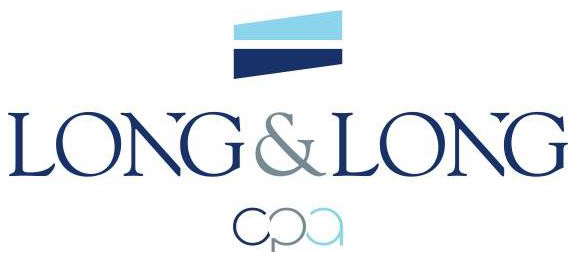



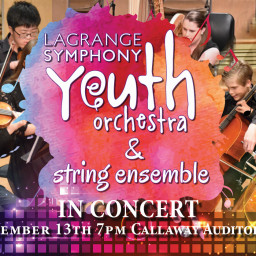



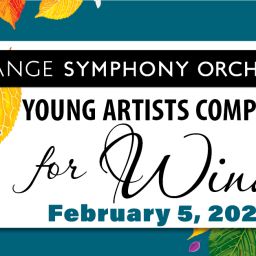



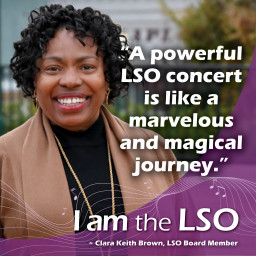
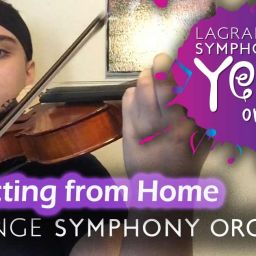
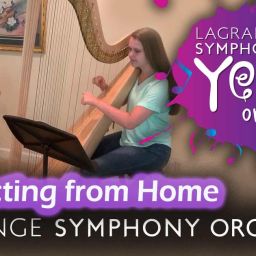
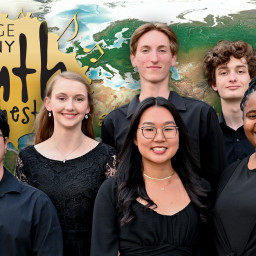
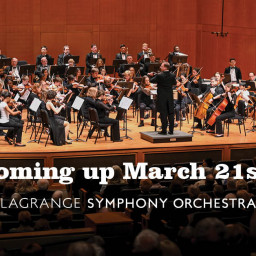
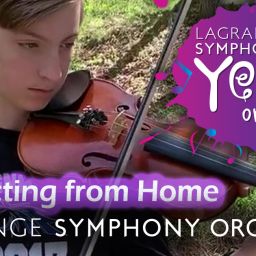
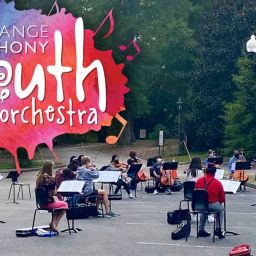
[…] LSYO News March 17, 2024 […]
[…] After intermission and another stage change, Chalton Askew, Executive Director of Racial Trustbuilding and Richard Prior, LSO Music Director and Conductor introduced the next piece. They announced what we were wanting to hear, William Dawson’s brilliant 1932 Negro Folk Symphony. In these preliminary remarks, Mr. Askew and Maestro Prior gave some of the history behind this work, some musical phrases to recognize within the piece, and how it is happily being rediscovered. [If you would like to read a bit more history about William Dawson, check out this LSO blog post.] […]